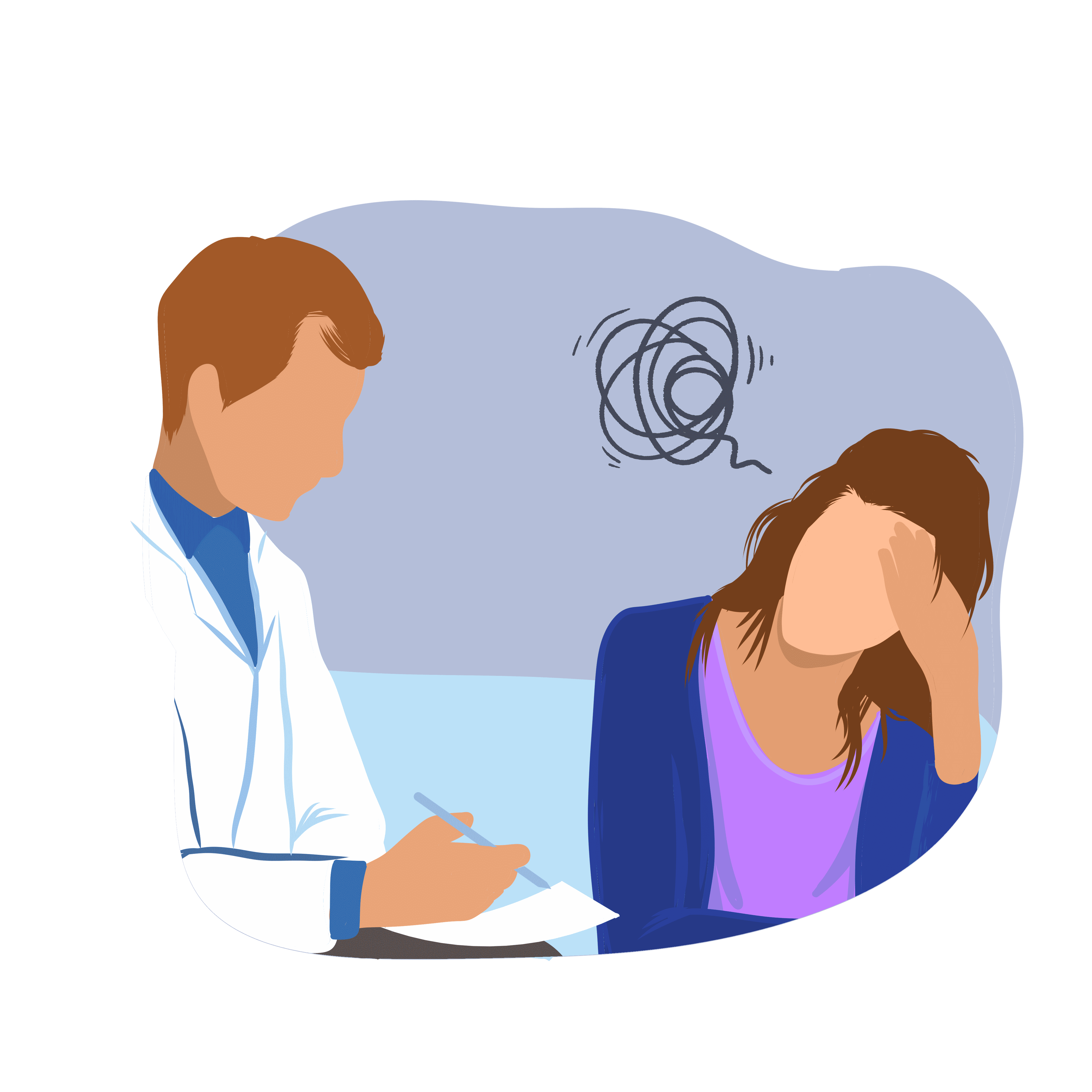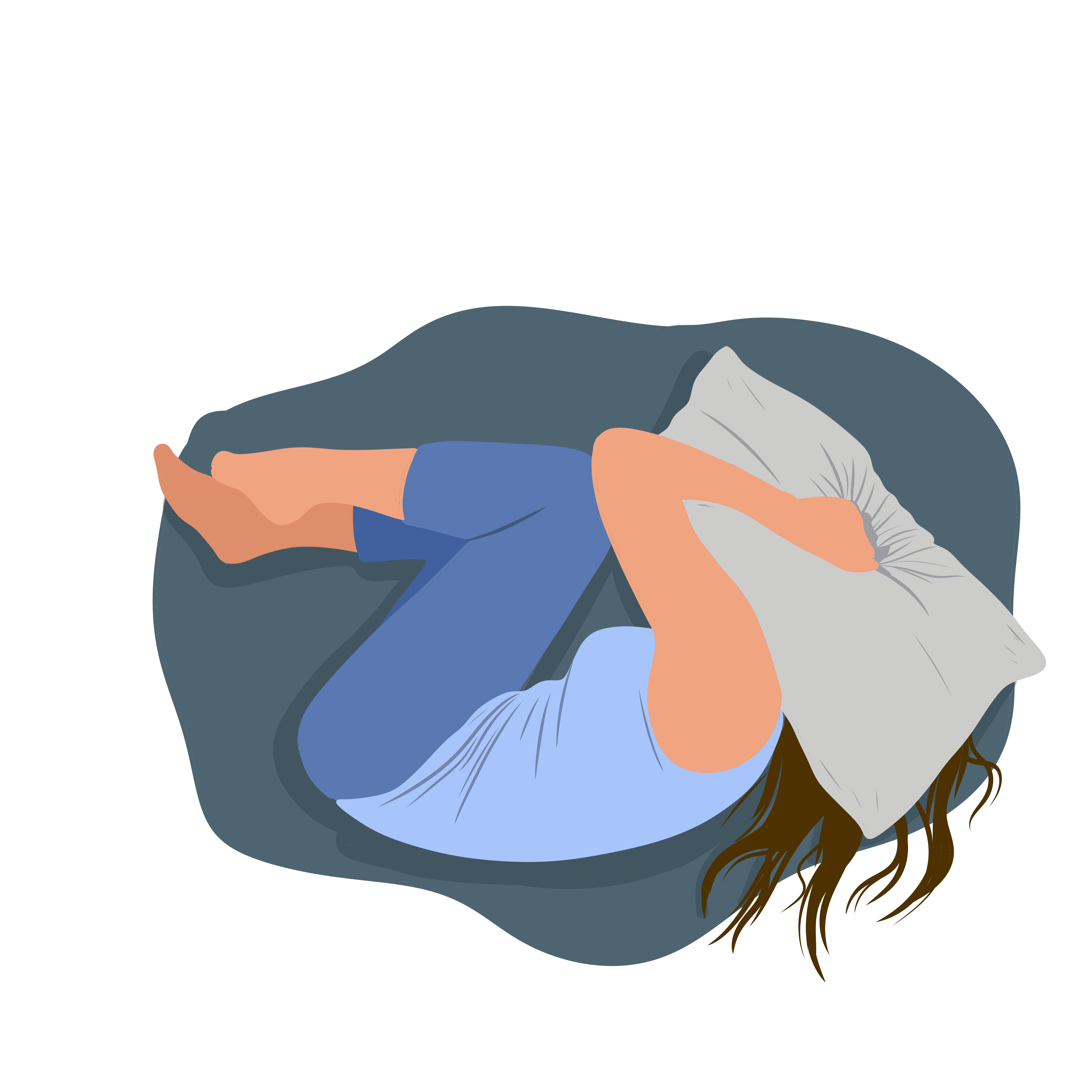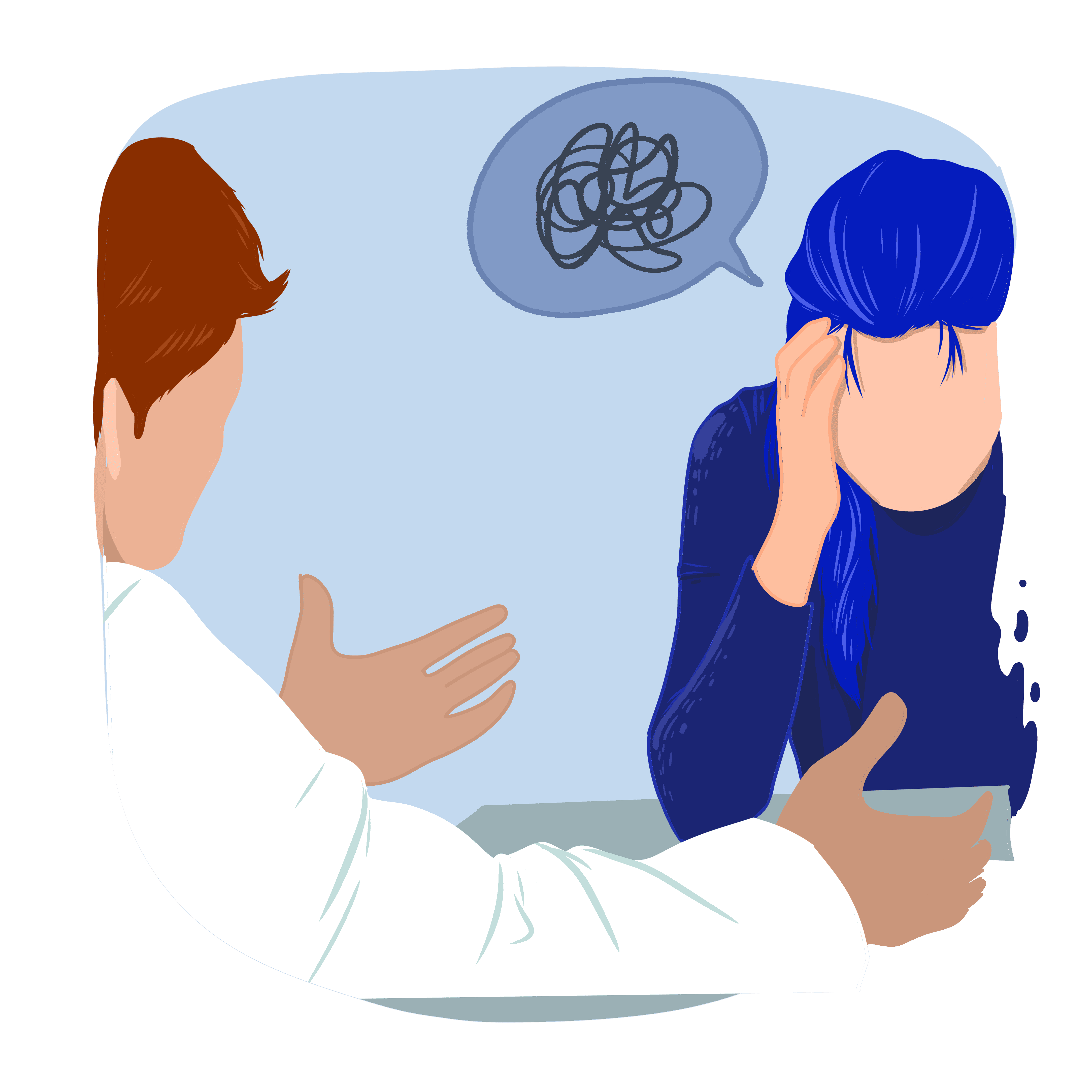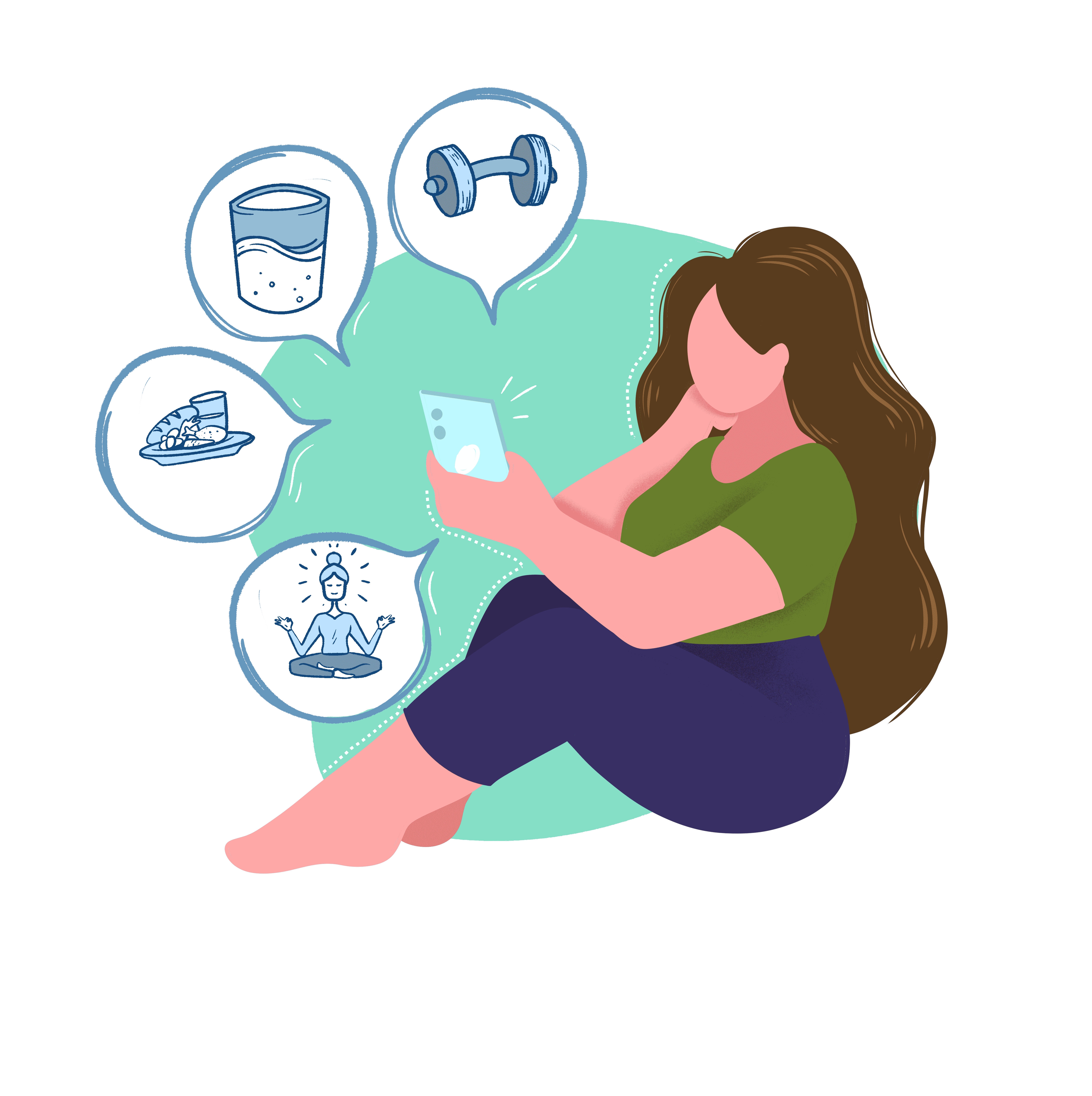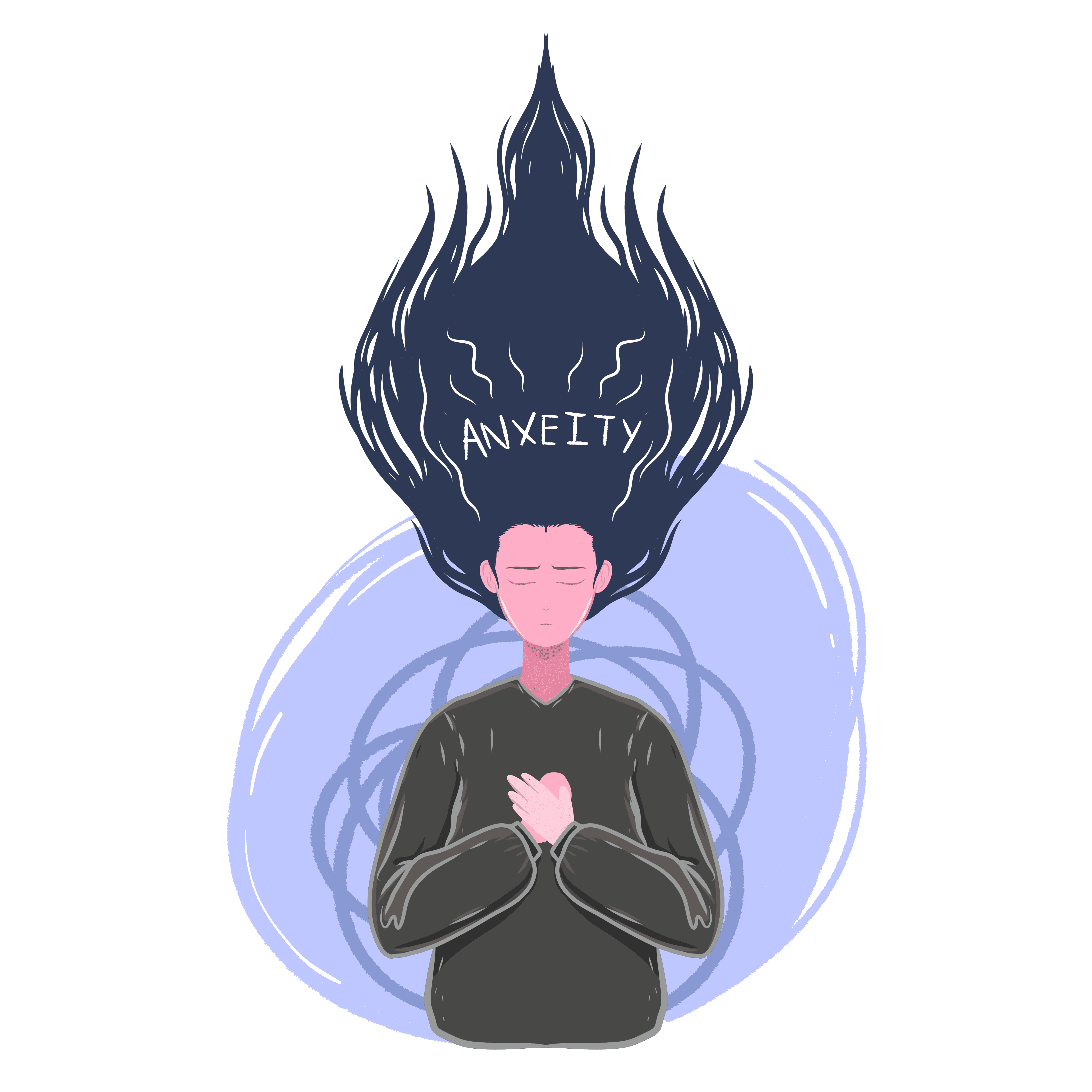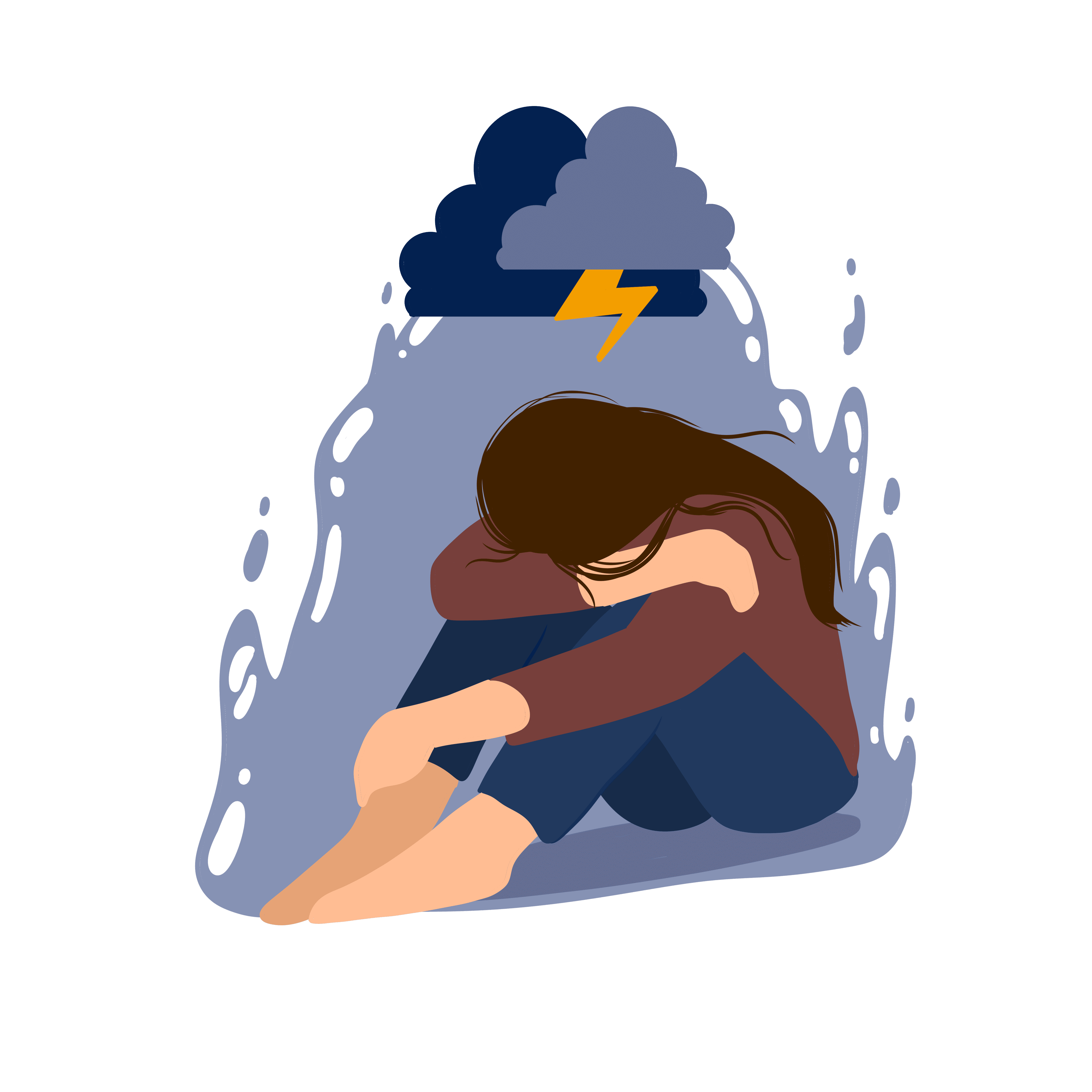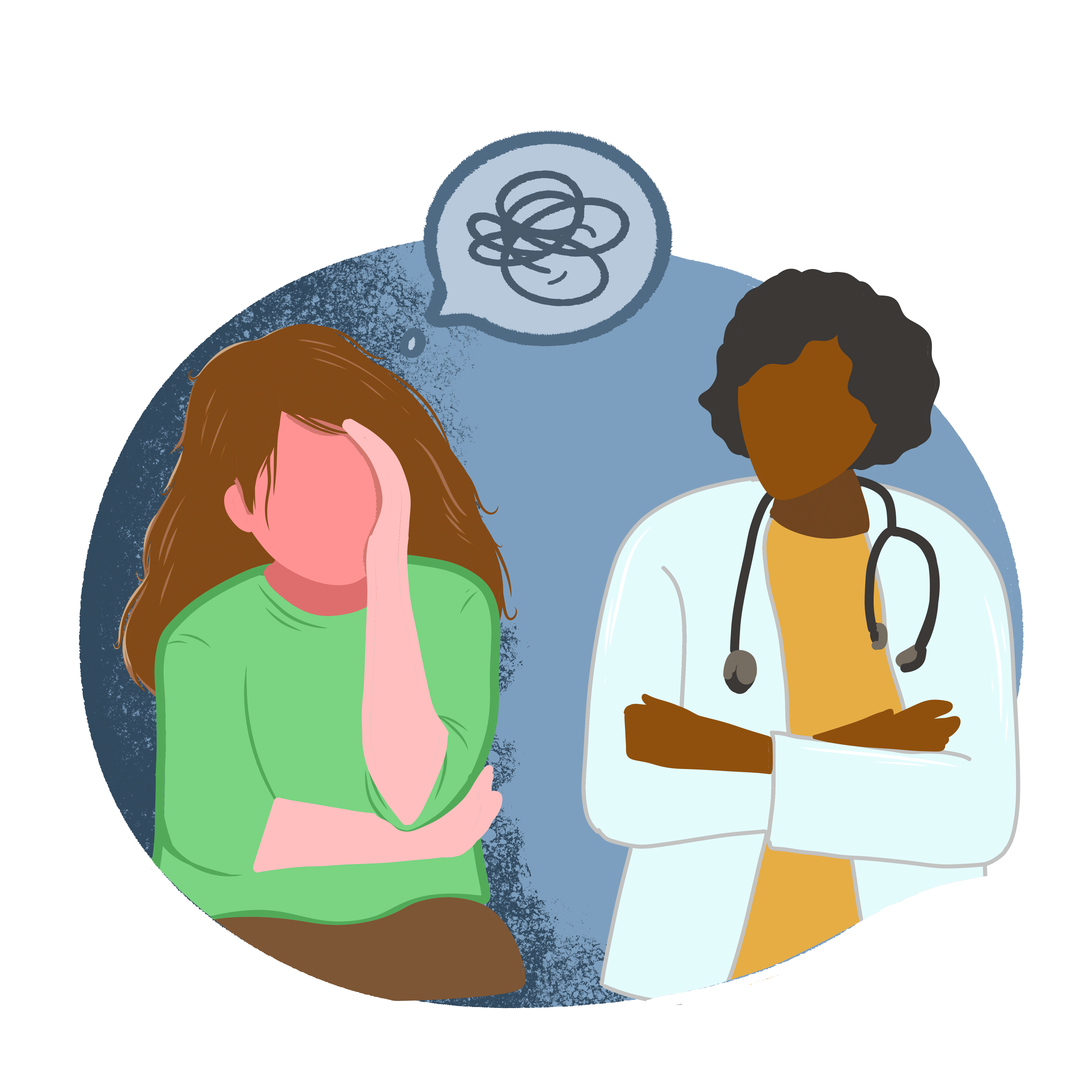Anxiety is a common symptom during the menopausal transition since mood-related changes have a direct relationship with the sex hormones and is generally caused by the fluctuation of oestrogen during menopausal stages. Menopausal anxiety impacts both mental and physical health and manifests through symptoms like jittery feeling, stress, depression, paranoia, fast heartbeat, being irritable, and restlessness.
Several research studies have suggested that HRT can be a way to treat menopause-related anxieties and some other symptoms that come with it but before you go to therapies, try some natural alternatives first like doing regular exercise and adopting a healthy diet. We will tackle more about this topic to give you more insights about what you should do if you’re ever in this situation.
Is Anxiety Linked to Menopause?
Menopause-related anxiety is a condition characterised by elevated nervousness and fear that occurs primarily during the menopausal transition and is frequently associated with hormonal fluctuations in the body. Since it is directly related to the menopausal phase, this form of anxiety is distinct from general anxiety disorder.
According to the study from the University of Wisconsin led by Dr. Whitney Wharton, anxiety is connected with the declining oestrogen levels that occur during reproductive cycle events, notably during the menopausal transition, which is characterised by significant variations in oestrogen levels and an increase in new onset and recurrent depression. Also in matters of genders, depression and mood disorders are more common in women than in men.
The most often recognized characteristics or symptoms of having menopausal anxieties are the feeling of nervousness or restlessness, increased heart rate, jittery, sweating, nausea, and trouble in sleeping. Additionally, menopausal-specific life stressors like health problems, age-related concerns, or shifting family relationships can significantly worsen anxiety. In order to provide a thorough explanation of the reasons for anxiety during this transitional period, the next section will go deeper into the many elements that causes anxiety.
